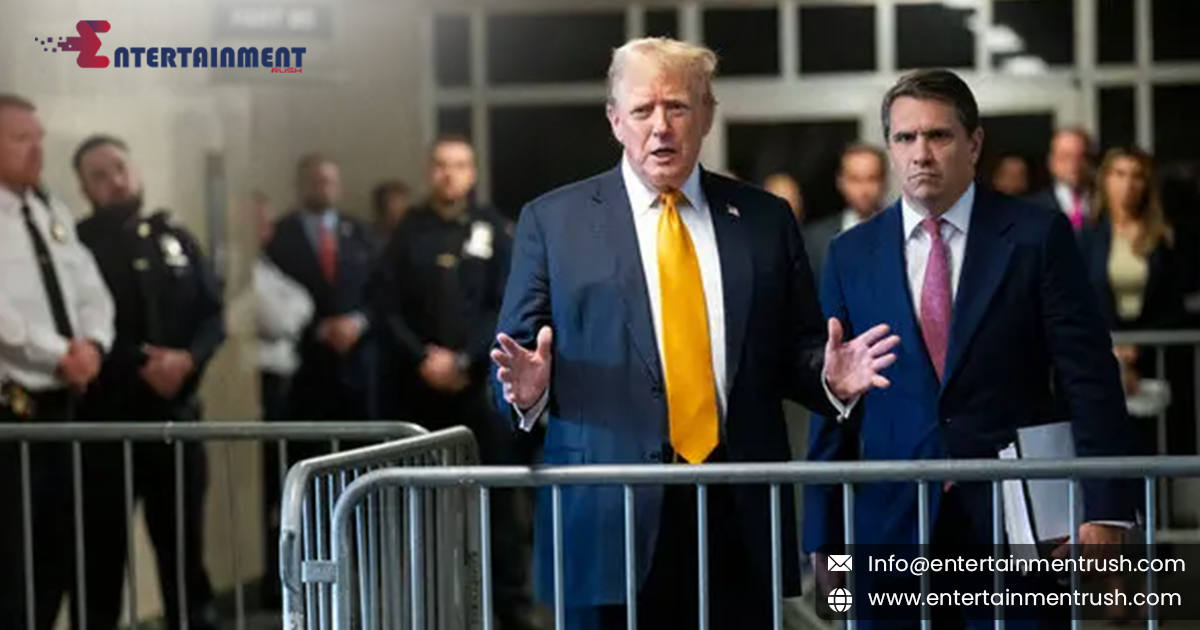In a dramatic move just before his sentencing, former President Donald Trump has sought to transfer his hush-money case from state to federal court. This high-stakes legal maneuver is designed to shift the case’s jurisdiction and possibly alter its outcome.
The Legal Argument for Transfer:
Trump’s legal team argues that the case, which involves payments made to silence allegations of extramarital affairs during the 2016 presidential campaign, should be adjudicated at the federal level. They contend that the alleged actions were closely related to his presidential campaign activities, thus falling under federal jurisdiction.
Potential Benefits of Federal Court:
This strategy comes as Trump faces a potential conviction and sentencing in a New York state court, where the case has been primarily heard. By moving the case to federal court, his defense hopes to leverage a different legal environment that might offer a more favorable outcome. Federal courts are perceived by some as having different procedural rules and potentially more lenient penalties compared to state courts.
Challenges and Risks:
However, this attempt is not without risks. The transition to federal court is complex and requires approval from a judge. Additionally, it introduces uncertainty, as the federal legal system might present new challenges and scrutiny. Critics argue that this move could be seen as a legal ploy to delay proceedings or influence the trial’s outcome.
The Road Ahead:
The decision on whether the case will be transferred hinges on various legal factors, including the specifics of the case and the judge’s discretion. If successful, this could set a significant precedent for how similar cases involving political figures are handled in the future.
Conclusion:
As Trump’s legal team battles to make this shift, all eyes are on the evolving legal landscape and its implications for both the former president and the broader judicial system.





Leave feedback about this